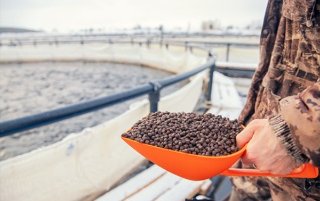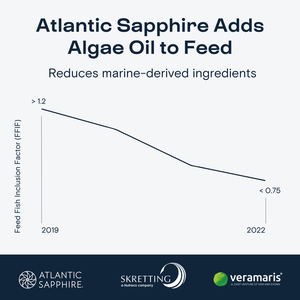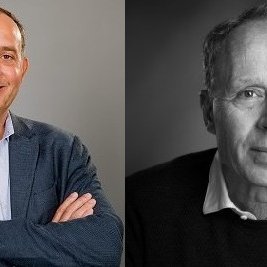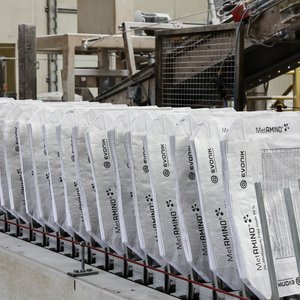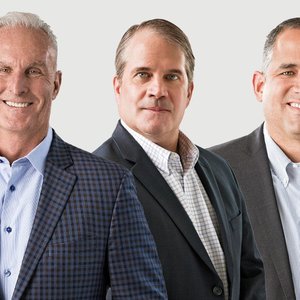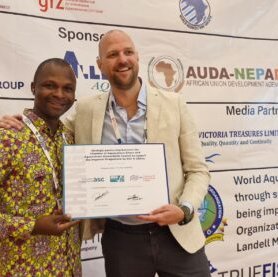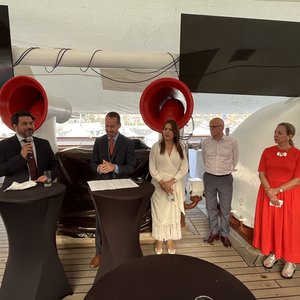GLOBALG.A.P. released Version 3.0 of the Compound Feed Manufacturing Standard (CPM). Feed mills must fulfill the new version’s additional sustainability criteria in the areas of environmental protection, social responsibility and economic viability.
Version 3.0 defines fixed percentages of fishmeal, fish oil and soy that must be sourced from sustainable production. Currently, at least 60% of these products must conform to a GSSI-recognized standard, be Marine Trust certified, or originate from fishery improvement projects (FIPs). By 2025, this proportion will rise to 75%. There is thus a strong focus on rules and prohibitions against the use of fishmeal or fish oil of uncertain origins, from illegal fishing, or over-fished regions.
The use of soy produced in areas with land conversion and/or deforestation of protected forest areas is significantly curtailed. Evidence will be based on the European Feed Manufacturers’ Federation (FEFAC) guidelines on sourcing sustainably produced soy (2021 version). In order to fulfill the requirements of the CFM v3.0 standard, producers must demonstrate that they follow the requirements for responsible and conversion-free soy procurement as laid down in the rules of a soy standard recognized by the ITC Soy Benchmarking Tool. At least 75% of the soy used in aquafeeds must meet this requirement, 100% for salmonids.
“It has gotten increasingly complicated for aquaculture feed manufacturers, like BioMar, to source raw materials responsibly. We hope that the standard will address the majority of the detailed questions we receive from our market participants. In these questions, the environmental impacts of soy and marine feed ingredients are a particularly pressing issue,” explained Ellinor Helland, food safety officer at BioMar.
Significant developments concern ecological and social criteria of part C of the standard. It will require manufacturers to track and reduce the energy and water use, greenhouse gas emissions, as well as wastewater and other waste products created in connection with feed manufacturing. Furthermore, audits will monitor humane working conditions and adherence to worker rights.
According to Paul Morris, director of nutrition and formulation at the feed manufacturer Mowi, version 3 of the standard proactively addresses environmental and social requirements and their monitoring. Using this strong platform, companies can commit not only to feed safety and traceability but to sustainability and fairness in compound feed manufacturing, as well.
GLOBALG.A.P. aquaculture certification requires producers to use aquafeed from certified production processes exclusively. Currently, feed manufacturers with GLOBALG.A.P. certified production processes produce a global output of 23 million tons of feed each year. The feed used is, therefore, a key element in improving the sustainability of aquaculture.


